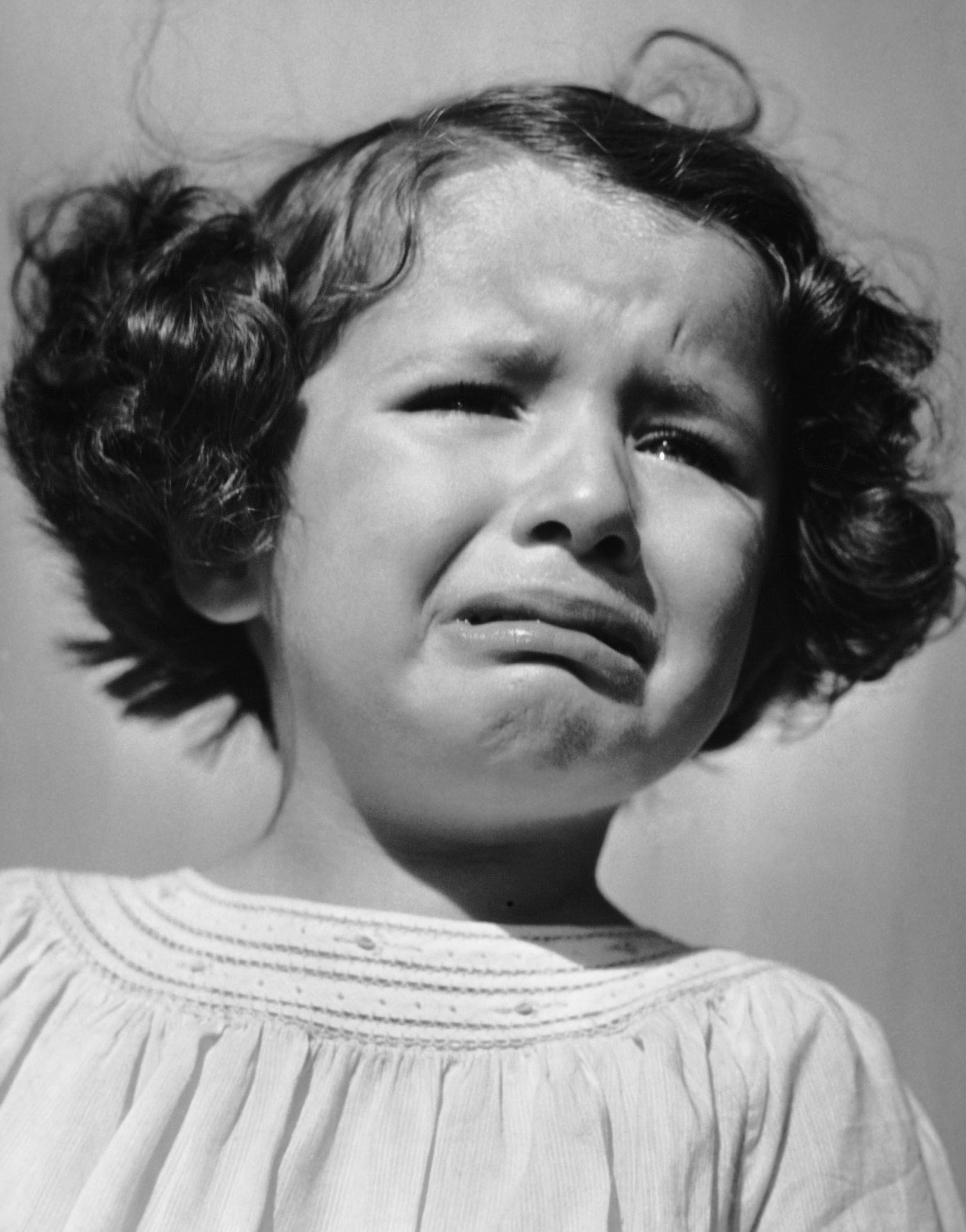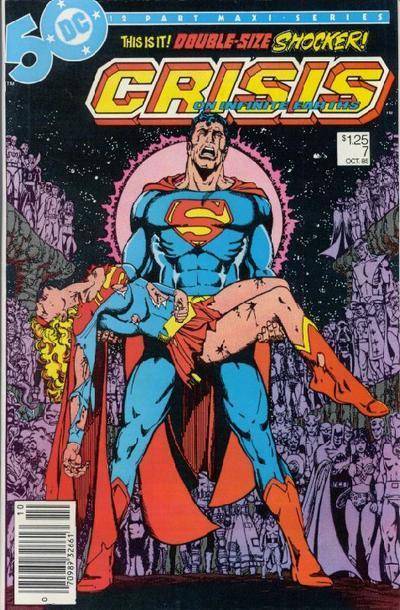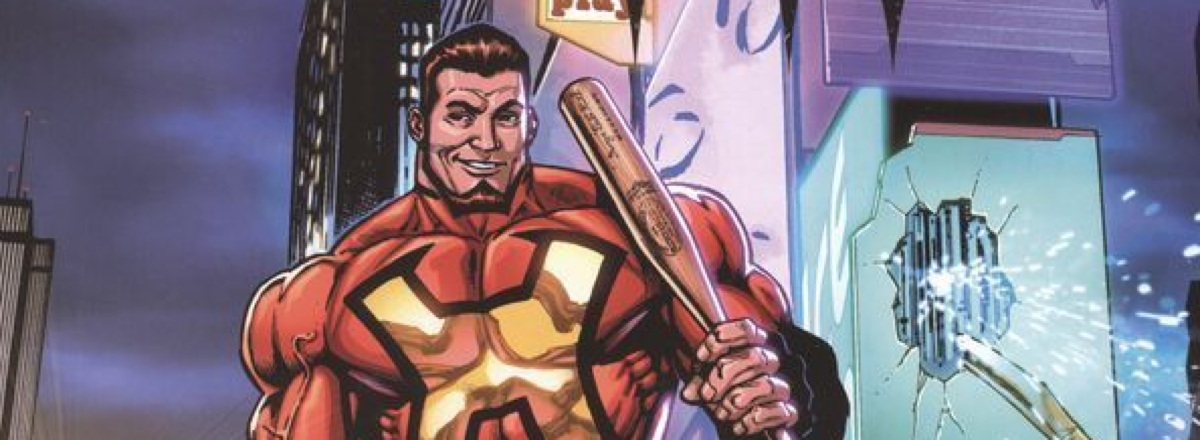This Sunday’s New York Times features yet another controversy over women’s place in comics–the exclusion of girls from a superhero-themed birthday party.The teaser for this story on the front page of the Style Section offers –“Superman, yes; Wonder Woman, no” — points to the horror that lies within. The parents of a little girl received a save-the-date card for the birthday party of a local five-year-old boy. However, as the fateful day approached, the little girl was informed that she was no longer welcome.
The reason: the theme of the party was going to be “Superhero Soiree.” As the letter-writer laments, “The party is now just for boys because of its ‘masculine’ theme, and my daughter was invited to a separate party for him just for girls.”
On one level, this infantile example of superhero segregation illustrates the truth universally acknowledged that if New York City were Gotham City in real life, most parents from the more privileged neighborhoods would be consigned to Arkham Asylum.
Yet it also speaks volumes about comics culture itself, or at least how that culture is perceived by those who are not one of us.
[Editors note: as for those parents who cruelly “uninvited” a small child, they are jerks and need to be ditched pronto. Just my opinion.]









This is a special kind of crazy that I could only imagine coming from rich NYC parents. Throwing a whole separate party for whatever reason is bizarre, but for gendered reasons?? The kid likes superheroes, so I assume he probably saw at least one movie with Black Widow, Catwoman, Sif, and/or any female X-Men in it. not to mention the numerous female characters in the cartoons. This is pure parental bullshit.
man, just imagine the OUTRAGE if that boy was disinvited to her My Little Pony: Friendship is Magic- themed birthday party. The internets would be set aflame like the Cuyahoga River
I wouldn’t want my daughters to hang out with those kinds of people, anyway. Let them have their “all boy” party. We’ll be hanging out with real friends. You know. The cool kids.
Perhaps the parents would afraid that the little girls would come dressed in boobsocks and buttfloss.
This kid will either end up an extreme narcissist – apparently like his parents – or a depressive for life.
I admit that I live in such a comics & pop culture loving bubble that I was momentarily stunned that people still think this way. First world problems.
Gay.
While it is extremely rude and discourteous to uninvite a guest, the idea of an all boy or all girl party is NO BIG DEAL. My daughter has been invited to more than one all girl party.
What’s wrong with that?
I’m sorry…I just don’t see where this is news worthy or really that “unbelievable”.
Take away the super hero theme and all we have is a little girl being excluded from an all little boys birthday party. I’m sure this has happened before and it will happen again…and I am sure there are plenty of little boys who have been excluded from little girls parties as well. Parents have been known to do really stupid shit involving their kids and birthdays, hell, MTV made a tv show about it – ever watch MY SUPER SWEET SIXTEEN??? Its a visual gateway to the end of the civilized world…but I digress…
When my niece was 3 my sister and I took her to a park and she started playing with some other little kids in a playhouse shaped like a castle that was in the middle of a huge sand box. About 8 or 9 kids where there all under 5 or 6 years old in roughly a 50-50 ratio of boys to girls. All of a sudden one of the mothers came over scooped up her little girl and left in a huff. All of the other adults, including myself, looked at each other with “what the hell” expressions. I even went over to check that there wasn’t a snake or a pile of dog crap or something in the sand box that the rest of us didn’t see.
A few days later my sister talked with a friend of the woman who pulled her child out of the sandbox. Turns out one of the little boys was wearing an AC DC t shirt and the mother is one of those who thinks AC DC is “the devils music and didn’t want her little girl exposed to anything like that”.
Now think about that – she kept her little girl from having a good time playing with other little kids based on a logo on a t-shirt even though the little girl was like 4 and had no idea who or what AC DC is or was. This was the outrageous mindset of that mother. All she did was keep her little girl from having a good time with other little kids based on her own selfish and stupid notions.
We all know people are stupid, selfish, and asinine. Always have been and always will be. I fail to see how the story in the article or the story I mentioned are any different from thousands of things that happen daily involving kids and stupid, selfish and asinine parents?
The problem, Bob, is that the girl was invited to A PARTY, then the birthday boy’s parents decided the theme and disinvited the girls. An all-girl party is usually for a birthday girl, and an all-boy party is usually for a birthday boy. For parents to decide they must have two separate birthday parties for their son, divided by gender just because the boy wanted a superhero theme party, is utterly and completely stupid. I write as the mother of two sons and the grandmother of a grandson. This kind of stuff is ridiculous.
I’m pretty sure the “superhero theme” was just a cover-up for the fact they decided to get him a stripper.
@kat kan
Hence the “rude and discourteous” part of my post. I agree that it is stupid (and probably expensive) to have separate parties. Having a gender-specific party is ok. Uninviting guests after the fact is not. A little boy in my daughters class had an Avenges themed party. Boys and girls were invited and all had a lovely time. Girls can be super heroes too y’know. I think I read that in a comic book somewhere so it must be true.
An interesting comment by the NYT’s Galanes:
If parents who hardly know anything about superheroes do know something about them, it is that they fight. Etiquette aside, some parents might not have wanted their daughters exposed to characters who are violent–not that the children would have any opinions on the subject.
SRS
how do un-invite a child (boy or girl) to a another childs birthday party.? what does that say about you as a parent? last time I checked Wonder woman is a super hero!!!. I just don’t understand people!!!
Then there’s the issue that he’s having a second party, apparently, just him and the girls. When I was 5, I wouldn’t have wanted that. When I was 15, however…
Yes, this was a hurtful move made for illogical reasons. On the other hand, I think the Internet society is hitting a problematic point when the whole English-speaking world is reviewing the details of how some parent in New York handled the guest list for a kid’s birthday party.
There’s a time-honored tradition of using the foibles of New York’s upper and aspirational classes as a part-for-the-whole social critique. Consider this Radical Chic with Underoos.
As for the “this isn’t newsworthy” stuff, I can’t wait until this already tired retort joins “amirite,” “kthanxbye” and “is it just me, or am I the only one?” in the ubiquitous-comment-meme graveyard. The capacity to see worlds inside the mundane is part of what makes us human.
For the record, the other part is chocolate chip cookies.
I was thinking anyone under the age of 45 should be banned.
Too many codpieces.
Pretty rude/cruel to dis-invite a kid to a birthday party, but why exactly is this in the New York Times? This is the very definition of a “dog bites man” story.
Johnny, this is in the NY Times because a letter writer sent a question to the Times’ Social Q’s advice column and the writer found it to be an interesting question. Why might it have seemed interesting? Well, not only is it a fun example of the Bizarro world of NYC parenting, but it casts a spotlight on an interesting gender dynamic within this subculture and the culture at large. In fact, this evening Jezebel picked up the same story.
The story was interesting to me on yet another level, with the image of girls being excluded from the superhero party having a metaphorical resonance with the broader discussion of sexism in comics prompted by the controversial Millar/McFarlane comments. Didn’t think I’d have to spell all this out, but always glad to help.
As a counterbalance to this unfortunate incident, I offer the cover image featured here:
http://www.comicvine.com/marges-little-lulu-and-tubby-annual-2/4000-306126/
The next time any little kid in any city is uninvited to a birthday party, I hope it makes The Economist! What the Hell else is that Lexington person writing about that’s so important? This is real news, dammit! We should all be outraged a little kid’s feelings were hurt! Who cares the economy is so bad in Somalia the only job market for young boys is piracy?
If this the kind of stories the once proud NYT is now reporting on, newspapers can’t die fast enough. What’s next? Kitten stuck in tree?
Jeff,
I couldn’t disagree more with everything you just said. If the NYT has enough money to employ a social advice editor to answer questions about who’s invited, not invited, or uninvited to a kid’s birthday party, then they have enough money to remove that stupid pay-wall and employ some investigative journalists again. The Times was once the best news source in the world, but it’s long since been surpassed by papers like The Economist that don’t waste time with social advice editors. The Economist also has a totally free website with the entire content of the paper up to read and they employ tons of investigative journalists.
Chris, I respectfully disagree. The argument that the allocation of resources demands eliminating frivolous things does far more harm than good. After all, some would say that comics are inherently frivolous, and in these momentous times, with terrorism, war and a persistent economic crisis, an inch of column space dedicated to a comics story is a column inch too much. Same goes for sports, fashion, cars, advice, daily comic strips, TV, movies–pretty much everything that makes life interesting beyond the latest news about interest rates.
Unlike The Economist, the Times is a daily paper, and newspapers were a social medium long before Facebook and Twitter. So too are sites such as The Beat. Writing about this sort of thing is engaging life, and if you’ve ever trained to be a professional historian, you no doubt know that scholars have for several decades been working to make up for all that we failed to learn by ignoring people deemed to be unworthy of study.
Like, you know, the creators of comic books.
I’m not saying this is you, but so much of what we see in comment threads evinces what one might call the psychopathology of personal significance–“I know what matters, and my showing that you don’t gives me meaning.” On a larger scale we saw this metastasize into a winning argument against the space program, and now we’re seeing it deployed against discussions of anything less than the Big Issues. At its worst it’s a shortsighted and petty argument, one that loses sight of the fact that the everything important grows out of our personal interactions.
All of which is not to concede that I’m ditching law for The Birthday News–the systemic problems with gender in comics take a multitude of forms, not all which involve dismembered girlfriends and gratuitous rape. Dismissing everyday dysfunction as frivolous is precisely how injustice scales up, just as iconic moments such as John Stanley’s “NoW Girls Allowed” clubhouse can have an impact that goes beyond a momentary smile. And yes, there is a connection between the socialization of children at parties and the social interactions of adults–people can, and have, written academic work about such things, and for good reason.
So, now I wonder if the parents of several little boys have decided to boycott the party because the little girl had been treated unfairly. And so on.
Those comments and the sexism are well worth discussing, if only because people routinely describe superheroes and superheroines as strong, without describing the different contexts. Describing a superheroine as strong when she fights doesn’t really mean anything; it’s like describing a Marine, a SWAT team member, or a ninja as strong. Being forceful is an essential requirement for the role.
When civilians say that someone is strong, they generally mean that someone is strong-willed, intelligent, principled, but willing to listen to counterarguments and different points of view. Those aspects of dealing with daily existence have almost nothing to do with fighting megalomaniacs and natural disasters, and they’re reasons why the Marvel and DC heroes aren’t that good as role models. What’s Captain America’s position on abortion rights? Taking a position on it, practically any position, would destroy him as a role model in the eyes of many, but avoiding the issue makes him weak.
SRS
What’s next: mixed Marvel and DC costumes?! Oh, the humanity….
For opposing view, see Dr Helen Smith’s book “Men On Strike”
Of course, they disinvited the girls. Girls don’t like superheroes
http://girlslovesuperheroes.tumblr.com/
Eh, parents doing shitty things in regards to their kids birthday party? Is it a day ending in y?Although those disinvited should rest assure that whatever the parents cooked up there was no way it was as good as this.
http://blog.hwtm.com/2010/11/real-parties-wonder-woman-birthday/
http://thinkprogress.org/alyssa/2013/08/08/2433121/legendary-superhero-creators-the-comics-follow-society-they-dont-lead-suggest-women-look-elsewhere/
Veteran comics creators dismiss sexism charges, suggest superhero comics are for males, anyway.
Comments are closed.